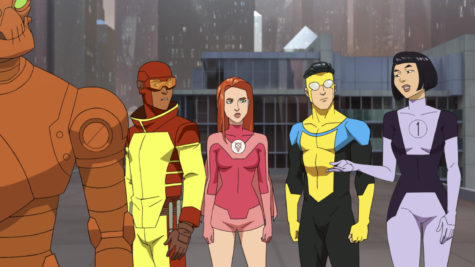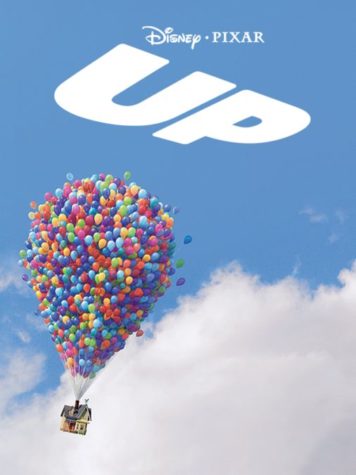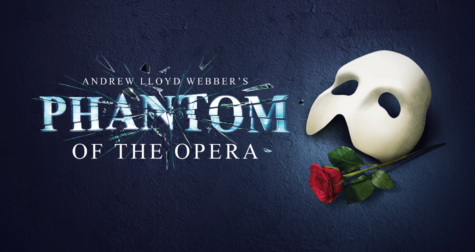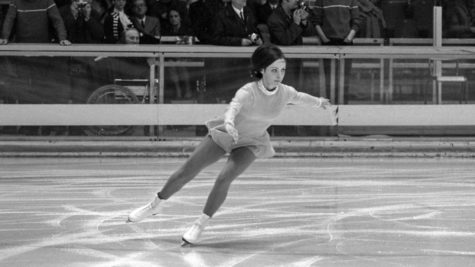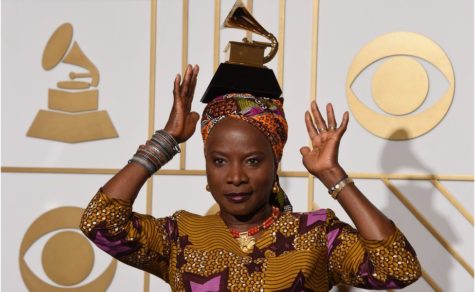“I Love You, Daddy” – review
September 19, 2017
I’m a History major and Documentary Filmmaking minor.
I attended the Toronto International Film Festival with my friends in the Modern Cinema Club with the hopes of viewing great movies that would inspire me in my potential future career — and for the most part, I did just that.
I saw “Molly’s Game,” “I, Tonya,” “The Cured,” “Mom and Dad” and “Mary Shelley” — all with their own merits (and in the case of the Nicholas Cage “Midnight Madness” flick “Mom and Dad,” there were some demerits as well).
It was a wonderful trip, and I loved almost every second of it.
That is, until I saw Louis C.K.’s “I Love You, Daddy,” which was, without a doubt, the worst movie I have ever seen in my entire life.
C.K. is a comedian primarily, although in recent years he has dabbled in the world of film, and based on the film I saw at TIFF, he needs to not quit his day job.
I sat down in an auditorium at Ryerson University in Toronto, pretty excited to see the black-and-white movie an up-and-coming filmmaker had directed in secret, and I left so incredibly irritated that I had spent money on it.
The film stars C.K. himself, which is bad enough because his acting skills are virtually nonexistent.
His character, Glen, is a rich television producer who spoils his underage daughter China (played by Chloe Grace Moretz) in order to keep in her good graces. She says “I love you, Daddy” a hundred times within the film, it seems, in order to get whatever she wants.
Her eventual pseudo-relationship with a near 70-year-old man (played by John Malkovich) is hardly acknowledged by Glen, who doesn’t want to tell his daughter no, or question her decisions or act like a parent in any particular way, and the film ends in a very unsatisfactory place with no resolution to any of the issues China causes throughout it.
There were absolutely no redeeming qualities of the film for me.
Charlie Day was inserted as comic relief, but his character, Ralph, had no real purpose except to be a vulgar, inappropriate voice to the China situation.
Rose Byrne’s character essentially supported the disrespectful and idiotic actions of Glen’s daughter, and her relationship with Glen was completely irrelevant to the plot.
I stood up as the credits began to roll, eager to get out of the theater and eat my feelings somewhere, and found to my disgust that many in the theater were also standing, but to give C.K. and his trash-terpiece a standing ovation.
I ultimately came to the conclusion that, as an aspiring filmmaker, it shouldn’t be that difficult to produce a film worthy of being shown at TIFF, because if movies such as “I Love You, Daddy” can get in, the competition appears to be rather slim.
0.5/5 Stars


